Carbon Neutral

After years of reducing Elopak’s greenhouse gas emissions by way of energy efficiency and phasing in renewable energy, Elopak opted for a carbon neutral certification to offset remaining emissions, in 2016. Not many companies did so at that early stage, however, the past years, it seems more and more companies are following this approach.
In 2020, Elopak celebrated five years of carbon neutrality, and aim even higher by introducing new projects and setting new targets for the future, aiming to become net-zero. The approach will be further refined during 2021.
Elopak supports projects outside of the value chain, that can provide third-party verified carbon emission reduction credits. In doing so, we are contributing not only to reduced emissions but also facilitating positive effects on local livelihoods and the environment.
Elopak’s program for carbon neutrality works like this: Firstly, we measure and quantify our emissions. Elopak has done this, in accordance to the Greenhouse Gas Protocol, every year since 2008. Then we work continuously to reduce our emissions. Over the 10 years from 2008 to 2018, Elopak reduced emissions by 70%, and continue to reduce in line with our Science Based Targets. Finally, we compensate our remaining emissions by supporting projects outside our value chain. Still, we report transparently on the actual emissions we have, even if they have been offset.

Elopak has been a carbon neutral company since 2016. This means that for five years, we have compensated for all emissions from our own manufacturing processes, our transport and our business travels. By expanding the scope, we also offer carbon neutral packaging to our customers.
Elopak was the first to offer CarbonNeutral® Packaging for beverages and liquid foods. A CarbonNeutral® package compensates for all the emissions associated with the carton, from raw material production, transport, manufacturing, waste, travels and distribution to retail.
Elopak’s carbon neutral approach supports several projects contributing not only to reduced greenhouse gas emissions, but also improved livelihoods, as well as health and societal benefits.
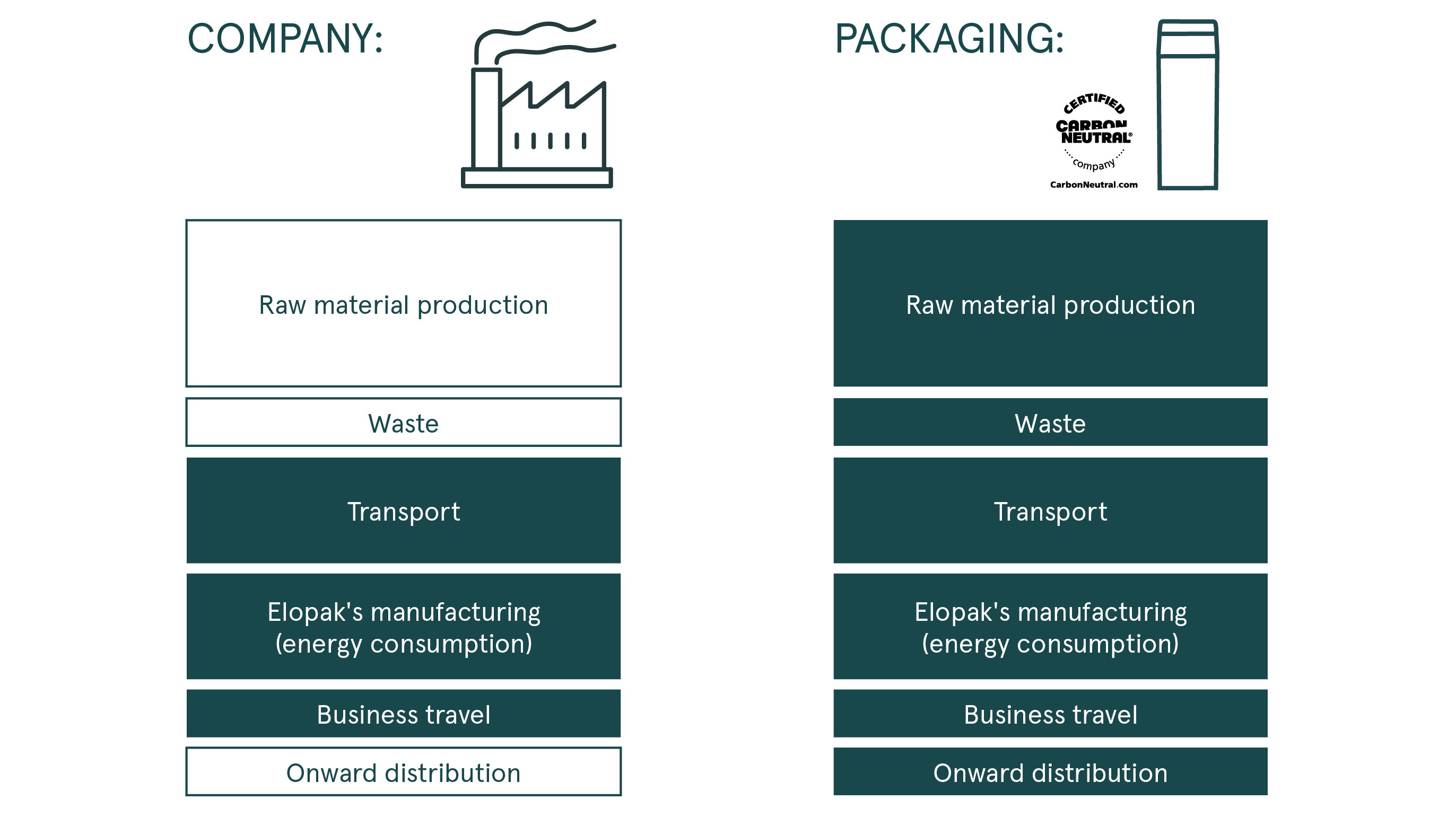
Emissions are offset by supporting projects outside our value chain
Company emissions for 2020:
This project is building the long-term resilience of small-scale farms in Western Kenya. By equipping local farmers with the tools and knowledge to use sustainable techniques, they are able to reverse poor soil quality that is affecting their crop yields and have a better chance at withstanding ever more unpredictable weather in the region. The project employs a team of local field officers to introduce practices such as planting crops between a variety of trees to offer shade from strong sun, shelter from wind and to stabilise the soil and increase water retention. These techniques build resilient food systems and at the same time sequester carbon, allowing the farmers to receive carbon finance through a transparent distribution scheme. The project also establishes village savings and loan associations, ensuring better financial security for communities in the project area.
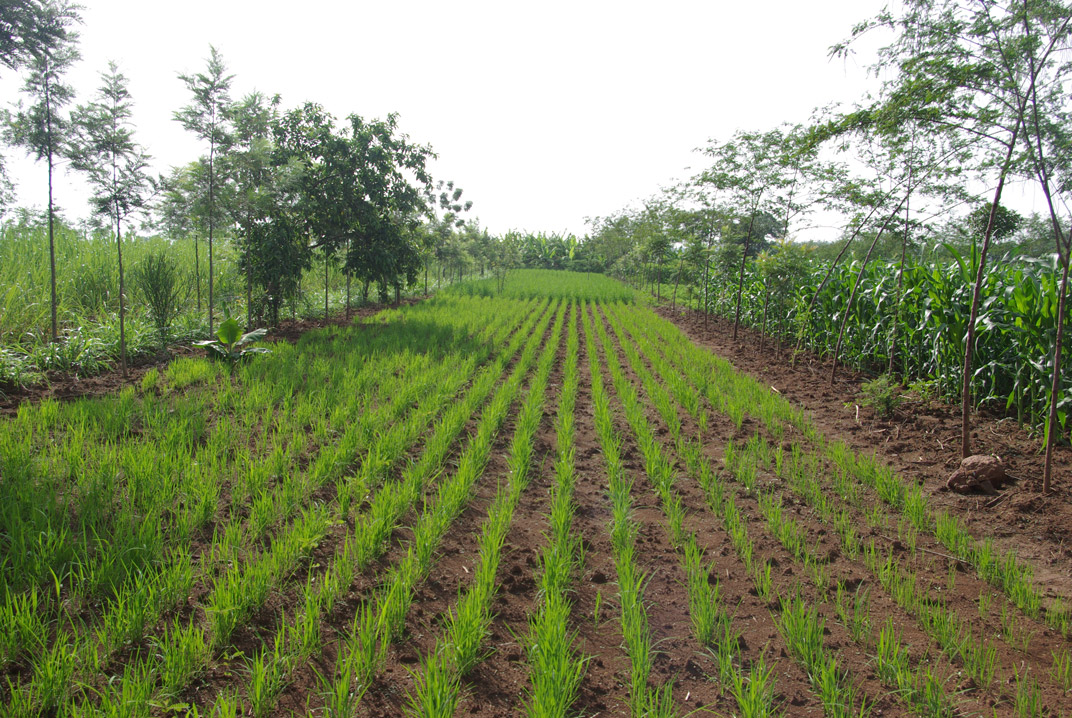
We need to tackle the amount of waste that is produced and we also need to scale existing solutions that make waste disposal more sustainable today. Waste from landfill sites emits large amounts of greenhouse gases, in particular methane, which over 20 years is many times more potent than carbon dioxide. The purpose of the project is to capture this gas and prevent it from being released freely into the atmosphere. Once captured, gas is used as a fuel for electricity generation and hence displaces fossil fuel-based electricity. Looking to the future, the project also contributes to improving solid waste management practices through a remediation program to close landfills – and increasing recycling in Mexico. The project contributes to a range of Mexico’s sustainable development goals, specifically by:
- expanding clean and efficient technologies;
- generating clean renewable energy;
- creating employment opportunities;
- improving waste management practices and preventing environmental pollution.
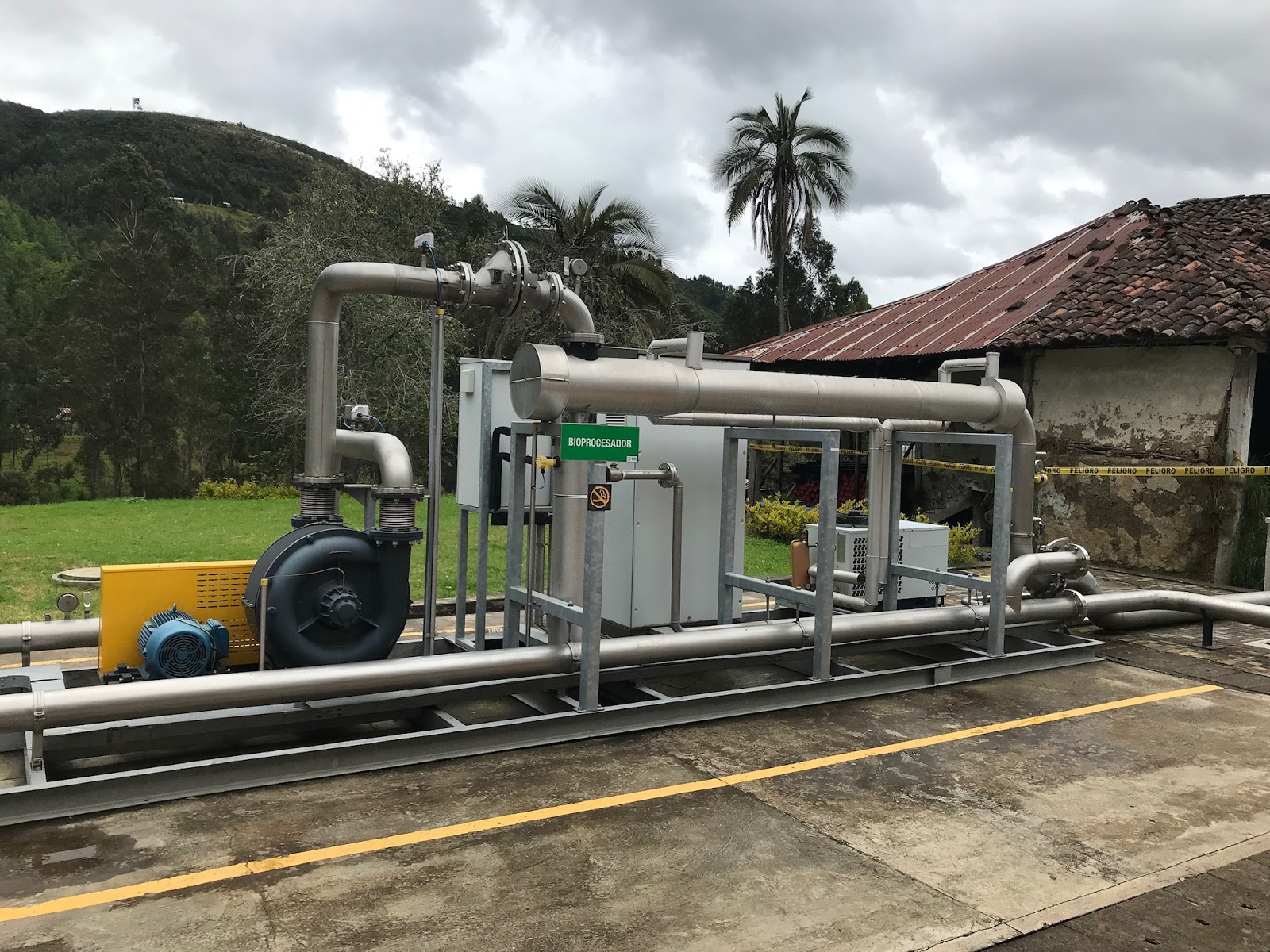
The Isangi project in the Congo Basin protects over 187,000 hectares of one of Earth’s most biodiverse rainforests from deforestation. As carbon sinks, forests play an important role in climate change mitigation. This project helps to alleviate local poverty by promoting sustainable economic opportunities and developing educational initiatives to bring a brighter future to remote communities.
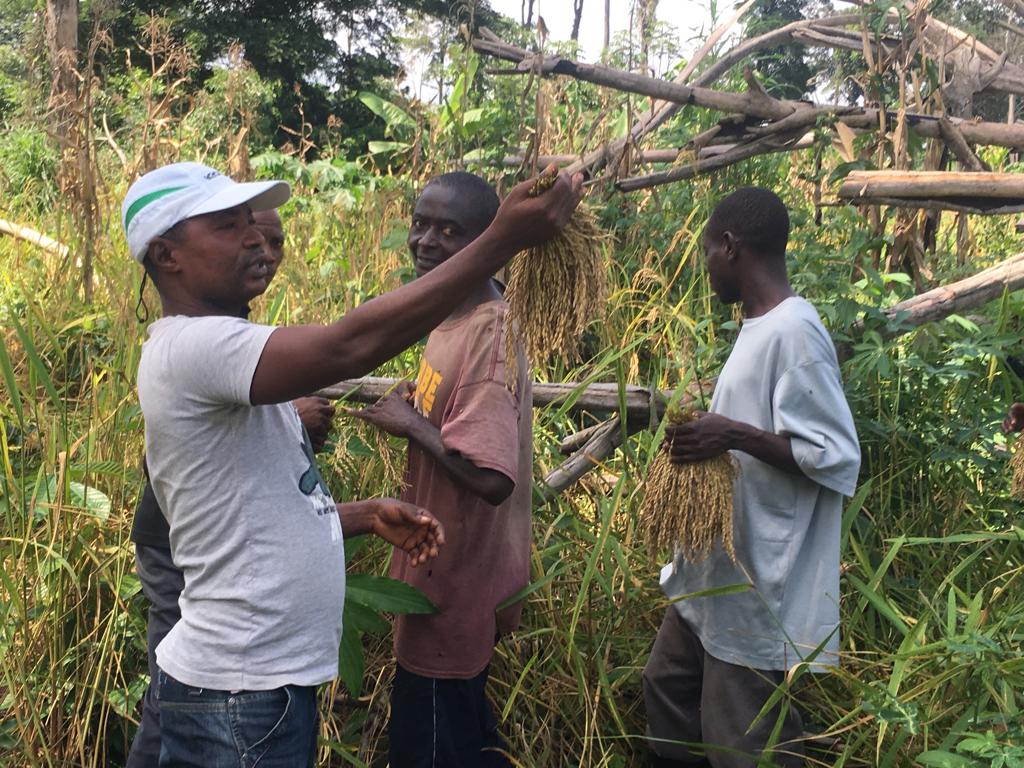
Packaging emissions for 2020:
The Rimba Raya project protects over 640 square kilometers of rainforest and forms a vital patrolled buffer zone between the palm oil plantations and the Tanjung Puting National Park, home to one of the last remaining wild populations of orangutans on Earth. The project protects the local rainforest by two main mechanisms: by incentivizing the local population to protect the forest and by direct prevention of illegal logging by patrols and guard towers. Furthermore, the project improves the local communities, by providing clean water, improving health care for forest dependent communities and by providing employment opportunities for local people in the area. The project is validated and verified to the Verified Carbon Standard (VCS) and has obtained Triple Gold status within the Climate Community and Biodiversity (CCB) Standard.
The Rimba Raya project has saved a large portion of the area in dark green from becoming palm oil plantations. The project is the largest donor to the Orangutan Foundation International, which runs several protection programs for the orangutan population.
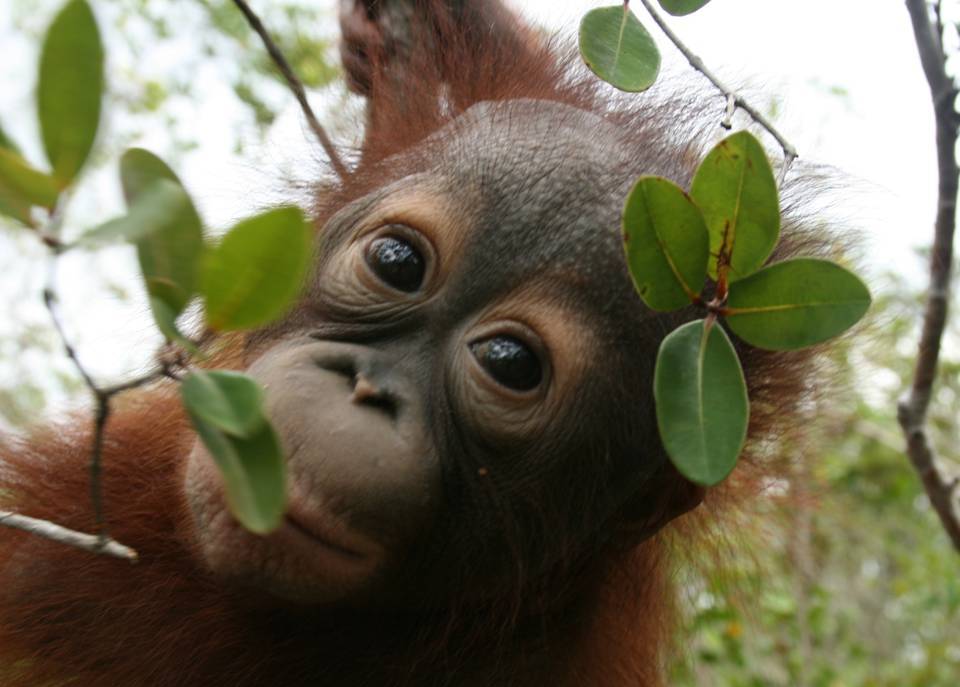
The Kenya Improved Cookstoves project aims to tackle key development issues by building sustainable supply chains for cooking products. As a Gold Standard project, the objective is to serve the most vulnerable communities across Kenya by tackling health and safety issues relating to traditional cookstoves, whilst also reducing greenhouse gas emissions. The project leads to reduced dependence on non-renewable biomass sources, while promoting financial security, female empowerment and local job creation. By subsidizing the sale of fuel-efficient cookstoves across Kenya, cooking conditions are improved, safety is maintained and indoor air pollution is reduced.
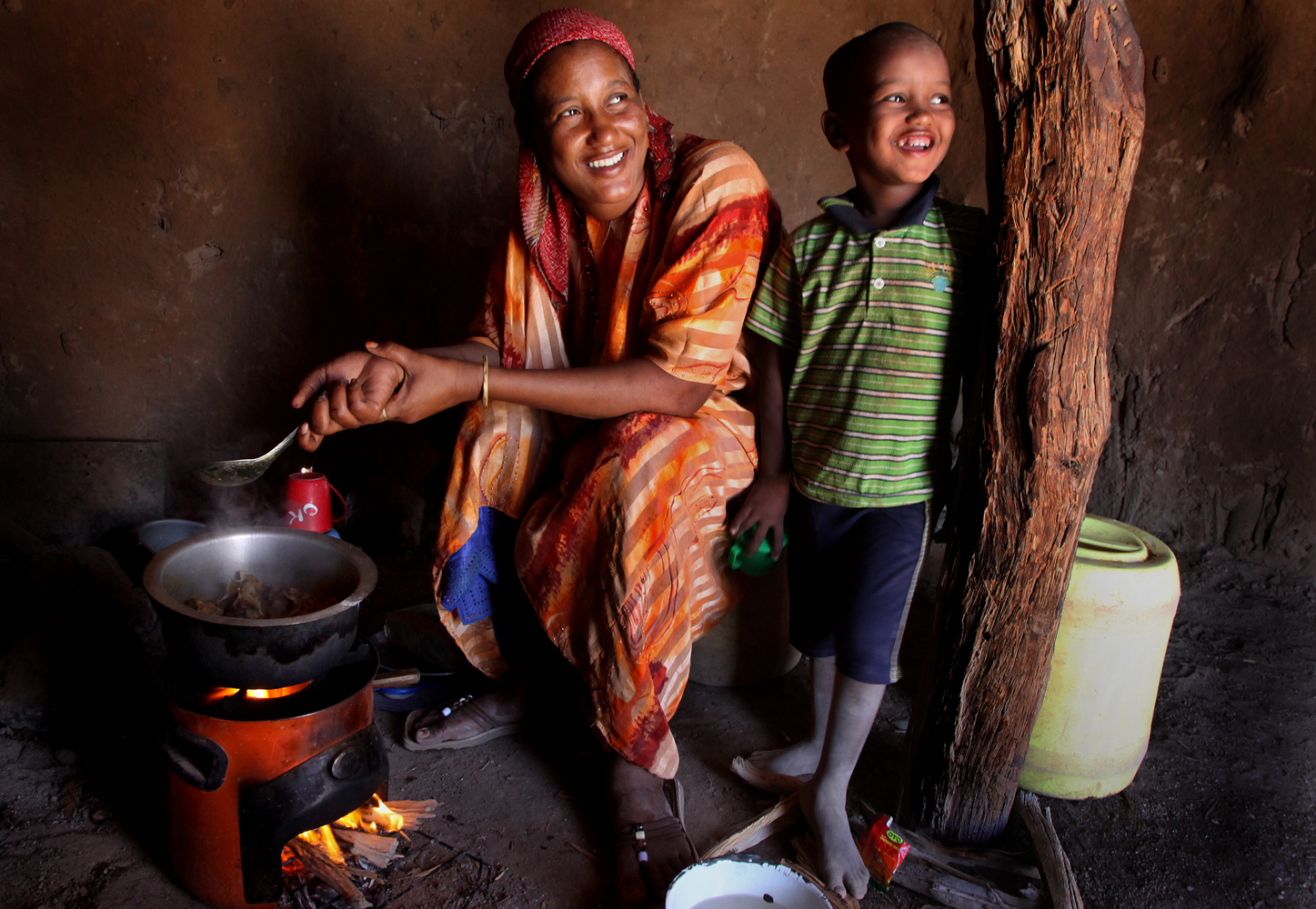
The wind power project delivers renewable electricity to the North China power grid. It is located on the edge of the Gobi Desert, close to the inner Mongolia Region and consists of 200 turbines.
In addition to emission reductions through availability of renewable energy in a region where this is not commonly available, the project delivers multiple other benefits, such as creation of local jobs both during construction and in the power infrastructure.
The project is certified according to the Clean Development Mechanism (CDM).
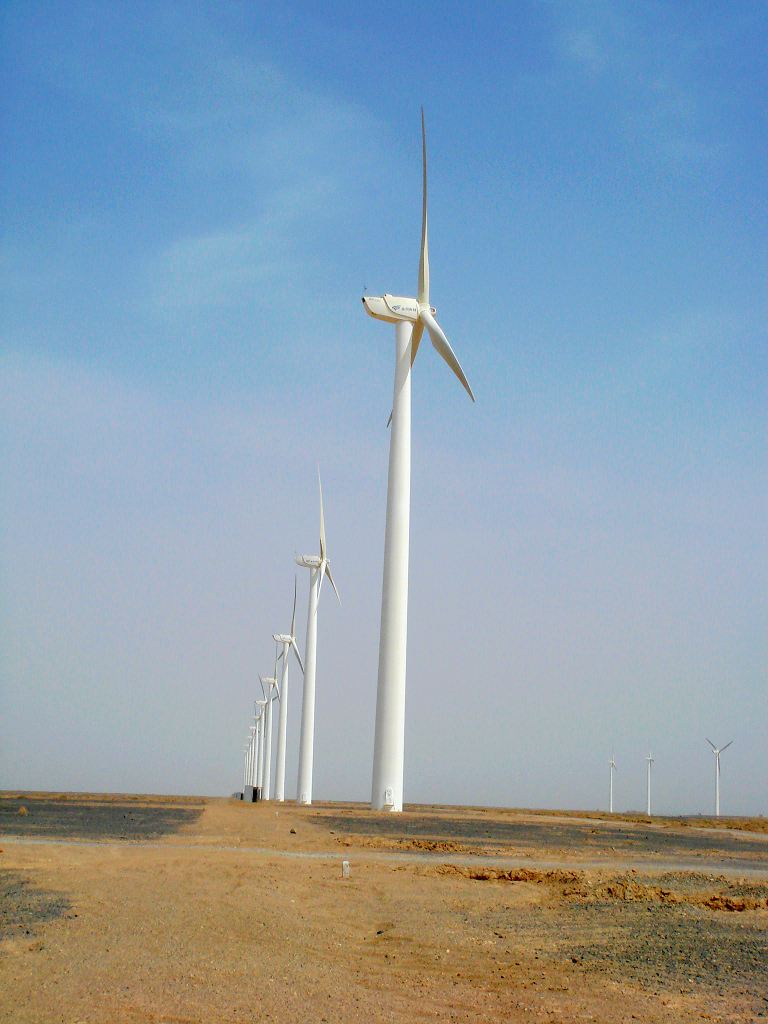
Elopak Spain hits 50 million Carbon Neutral cartons
In 2020 our market unit Elopak Spain, hit the milestone of more than 50 million CarbonNeutral® cartons sold. When Elopak first introduced carbon-neutral cartons in 2017, the concerns with carbon footprints were still low. Now, Spanish manufactures and retailers recognize the value of Elopak’s low carbon solutions and are increasingly using carbon-neutral cartons as part of their value proposition and communication. As carbon neutrality is expanding throughout customer brands, Elopak Spain is expected to reach 100 million units in 2021.
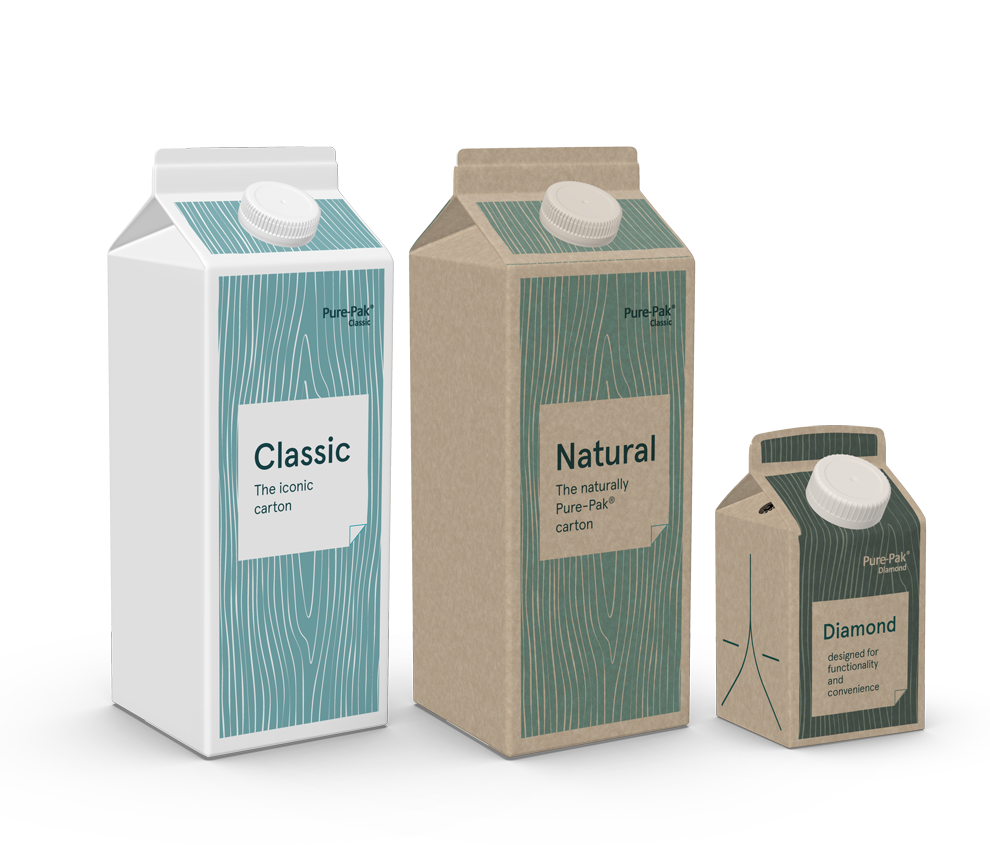
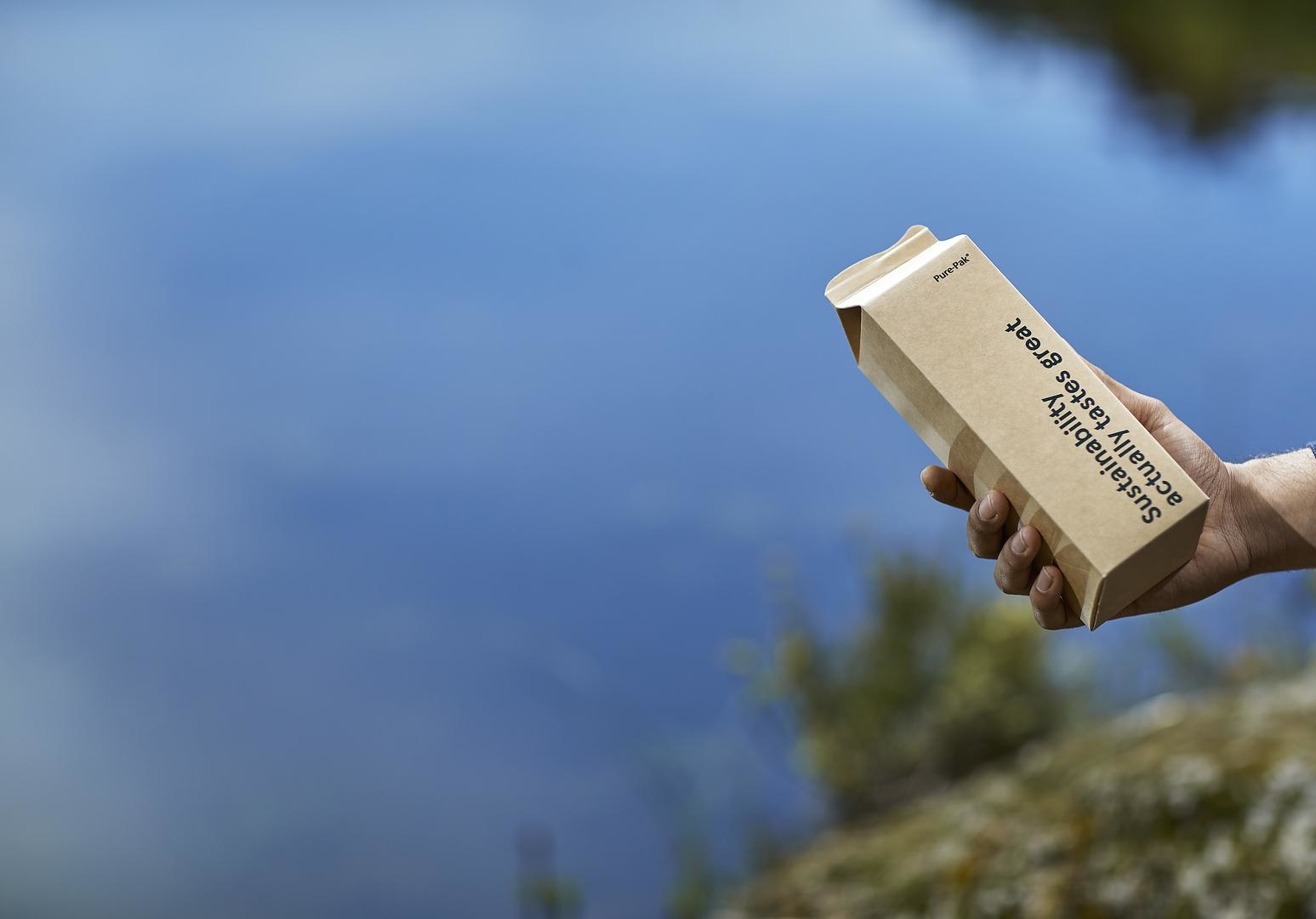
Case
Pure-Pak® Imagine wins the CarbonQuota Award 2020
Elopak’s Pure-Pak® Imagine carton is the first winner of the CarbonQuota Award for the Most Sustainable Initiative in Print, 2020. The inaugural awards acknowledge and reward the exceptional sustainability initiatives across the print and packaging industry in the face of an increasingly competitive market.
Nathan Tiller, Director at CarbonQuota, which specializes in carbon certification, reduction, and offsetting for its clients, said: “For these awards, we were looking for initiatives in the print and packaging industry that showcased a cutting edge blend of carbon reduction and sustainable sourcing. We were pleased to see many organizations focusing on making improvements and reductions in what they know.”
“Not only is Elopak’s environmental footprint demonstrably lower than alternatives, but the legacy of their organization suggests it is going to get better and better. That is what is important to us – a continuous recognition that what was good enough yesterday is not going to be good enough tomorrow.”
CarbonQuota specializes in carbon consulting, certification, reduction, and offsetting for its clients with independent advice that provides reassurance, confidence, and recognition. All projects are carried out by a team of specialist carbon lifecycle scientists. It is the only system that impartially brings together science, analytics, and industry expertise to help buyers and sellers of print and packaging reduce their carbon footprint.
